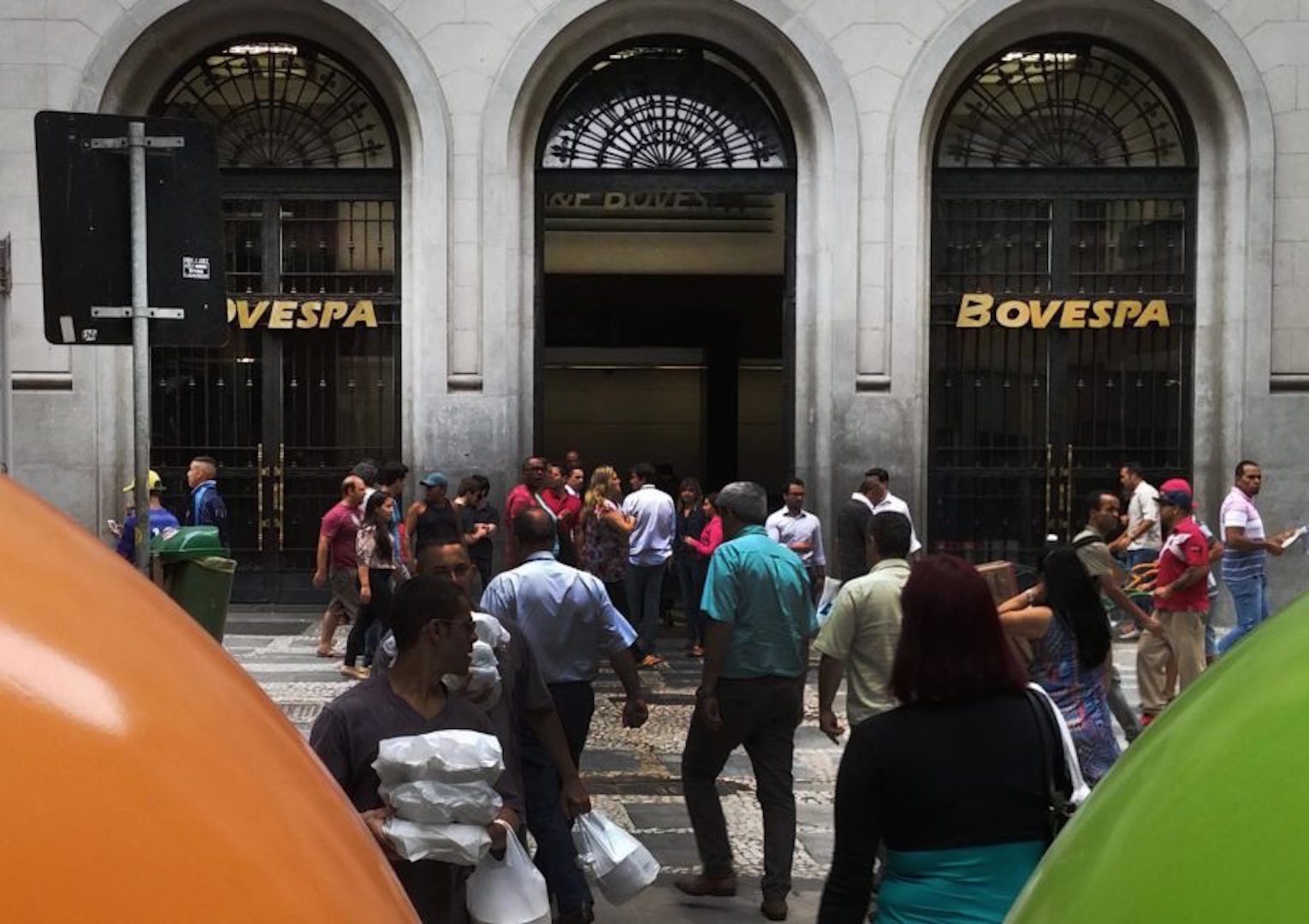RIO DE JANEIRO, BRAZIL – The IBOVESPA closed up strongly on Tuesday, April 7th, but drifted away from the highs while Wall Street zeroed out gains at the end of the trading session.
Doubts about whether an agreement between Russia and Saudi Arabia can make up for the drop in demand for oil eventually weighed in, and the Brent crude barrel fell 1.63 percent to US$32.51. The WTI barrel fell 5.87 percent to US$24.55.

However, this was not enough to fully discourage the Brazilian market, which remained strong due to the slowdown in the growth of coronavirus cases. For the first time since January, China has not recorded any deaths by Covid-19.
The signs are that the coronavirus pandemic is also on the decline in Spain, Italy and Austria – which will be the first European country to reopen trade on April 14th.
Although British Prime Minister Boris Johnson is hospitalized with coronavirus in the ICU of a London hospital, the sense is that Covid-19 has now entered a downward curve.
A number of countries such as Italy are now planning to return to the gradual reopening of trade and other activities, the so-called “Stage 2” of quarantine. In Italy, “Stage 2” is expected to start on May 4th, reports the newspaper ‘Corriere della Sera’.
Concurrently, Japan’s Prime Minister Shinzo Abe announced a US$999 billion package to reactivate the Japanese economy.
The IBOVESPA recorded gains of 3.08 percent, at 76,358 points with a trading volume of R$26.6 billion, after having already climbed 6.52 percent the day before.
The future dollar for May dropped by 1.09 percent to R$5.238. The commercial dollar, in turn, dropped 1.2 percent, to R$5.2267 on purchase and R$5.2283 on sale.
In the futures market, the DI (interbank loans and deposits) for January 2022 dropped seven basis points to 4.13 percent, the DI for January 2023 dropped nine basis points to 5.36 percent and the DI for January 2025 dropped six basis points to 6.95 percent.
Among the indicators, the Brazilian Institute of Geography and Statistics (IBGE) announced on Tuesday that Brazilian retail sales in February grew 1.2 percent over the previous month. The economists’ median expectation compiled in the Bloomberg consensus was for a 0.4 percent drop.
In the series with no seasonal adjustment, there was a 4.7 percent increase over February 2019. In the year-to-date figure, against the same period in the previous year, the increase was 3.0 percent.
According to Goldman Sachs’ analysis team, the data from January through February are not representative of the outlook for the retail sector and the economy in general, since they do not capture the severe recessive impact expected due to the Covid-19 pandemic.
“In the future, given the growing number of Covid-19 infections, we expect retail sales to be severely impacted by measures to restrict movement and promote social distancing,” the analysts assess.

